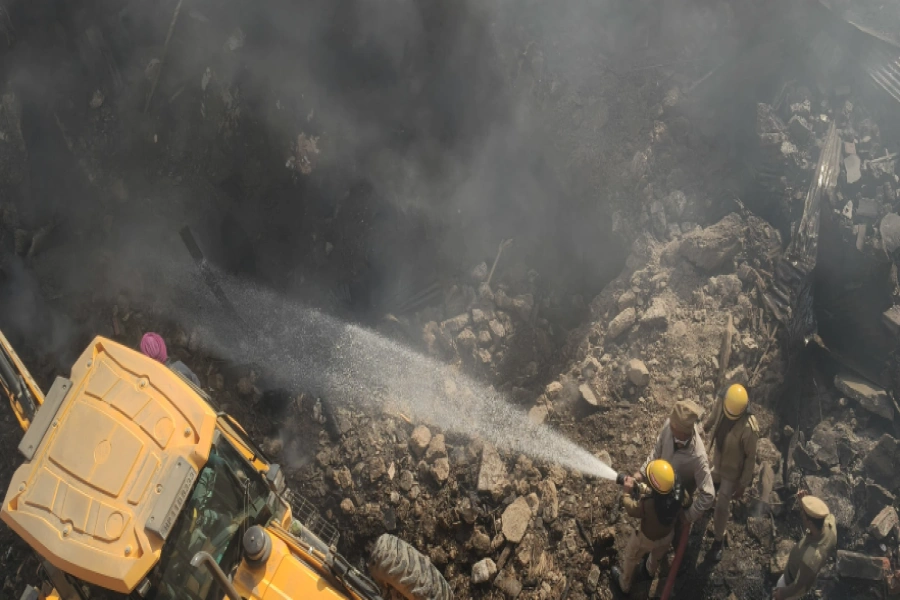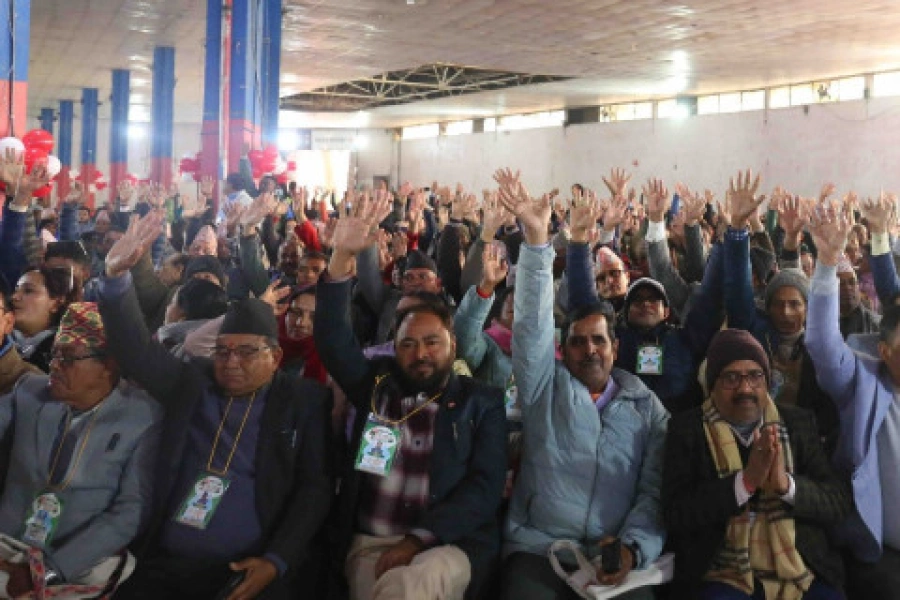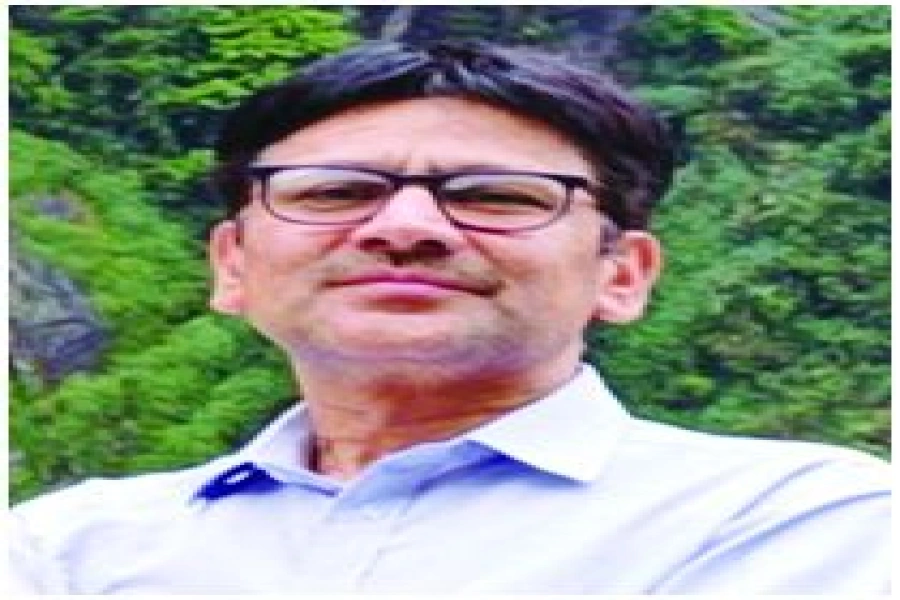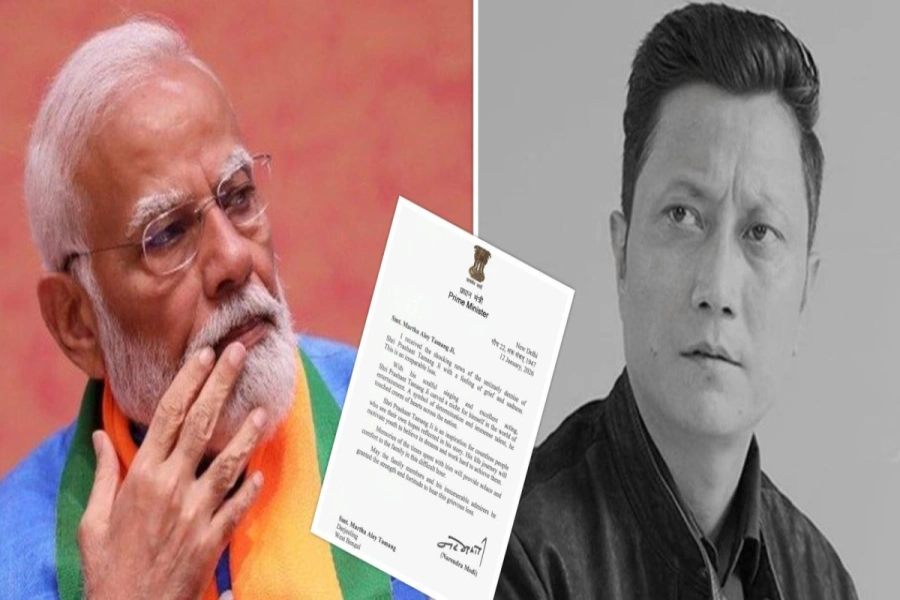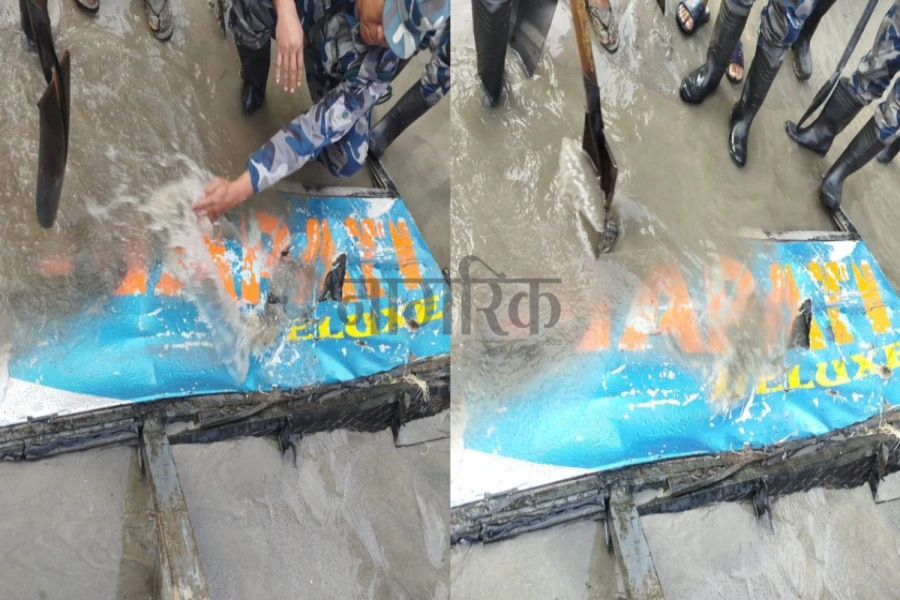Motorbikes are more than just a mode of transportation. Its conveniences have brought together vast demography to benefit from its accessibility. Moreover, the surge in its popularity leaves even the broadest of roads in Kathmandu occupied throughout the day. This pool of motorcyclists consists of riders with a wide variance of riding characteristics including those with zeal to perform acrobatic maneuvers on the road.
The society sees these passionate daredevils as a menace, but these enthusiasts consider their passion as a sport. Rajesh Ranjitkar is one of such riders. He has been performing on the street since 2009. “I was interested in riding motorcycles since my childhood. It has already been approximately 10 years. I still enjoy performing stunts. The challenges will come but addiction is what you will never give up.”
There has been a steady increase in the number of acrobatic daredevils in the past few years. The sport, what was once only performed underground, has now gained popularity, especially among youths. Stunt enthusiasts have their own riding groups which help bring stunt gigs. As unorthodox as it may sound, these groups also consists of female riders who have stepped up to redefine the stereotypical mindset of the society. Some have even matched up with the skills of their male counterparts.
Deepa Shrestha, a nurse at Sarathi Nepal, and Healthy Home Clinic shared her love for bike stunts. “I was only limited to riding motorcycles, and scooters. I would envy people with a knack for this unusual sport. The moment I saw female riders performing really amused and inspired me. Then I started learning the stunts. It wasn’t easy in the beginning, but now I’m obsessed with it.”
Round Table Nepal concludes “PADelux Girls on Wheels”

Shedding light on the discrimination she has had to face from the society, she explained, “If somebody is really passionate about something, the definition set by the society shouldn’t matter. There will be challenges but passionate people can always find ways to fulfill their dreams.”
However, bike stunting has not been recognized as a bona fide sport in Nepal. As a result, some stunt performers are compelled to take time off from their passion and focus on an alternative profession to make their ends meet.
Anish Maharjan has been living with similar disappointment. He says, “The love for motorcycles encouraged me to be a stuntman. Despite the bruises, there is no public support for the sport. Also, there aren’t good places to perform stunts. It’s tough to convince parents to be a stuntman. ”
Elaborating on a similar circumstance, Deepa added, “I learned bike stunts secretly because family support was impossible then. There were some people who supported, but the society still couldn’t cope with the fact that a female wanted to try bike stunts. Gender discrimination was very prevalent and still is. Most of the people consider that this sport is exclusively only meant for men, but they are wrong.”
Speaking about financial constraints, Ranjitkar stated, “There aren’t sponsors for stuntmen. In the international arena, manufacturing companies sponsor riders and promote them. But in our country, the situation is completely different. Due to the absence of the sponsorship and the manufacturers, it is difficult to sustain a living by being a full-time stunt performer.”
Ranjitkar further said that support mattered from all ends. He added, “Now, my family supports what I do but when I was just starting, getting an approval from my parents was tough.”
Dipesh Shrestha Casper, the founding president of Royal Enfielders Nepal, has been performing stunts for 13 years. He is among a handful of stunt teacher in the country. Shrestha wishes to aware the general people about the sport. At the same time, he longs to fulfill the passion of the youths toward bike stunt. “People want to learn to perform but there aren’t reliable institutions,” he said.





